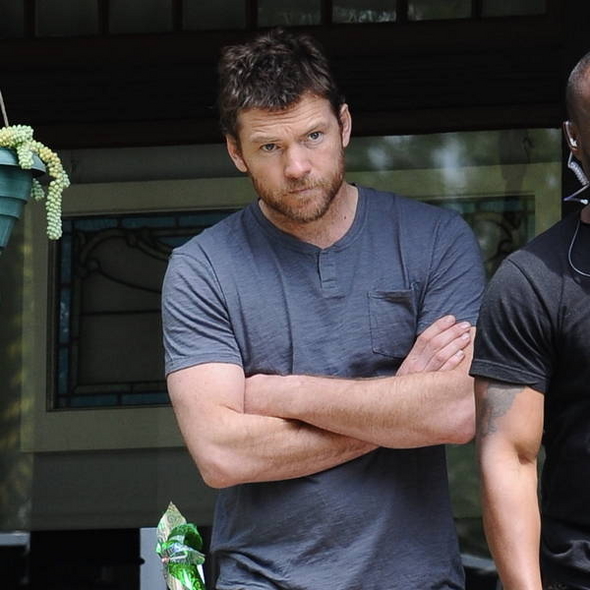PAPARAZZI: Do we really need them?
By Jonathan Whang, Staff Writer
Every so often, a headline of a scuffle between a celebrity and a paparazzo appears. The latest involved Avatar star Sam Worthington, who in early May settled a charge of assault on New York photographer Sheng Li.
On February 23, Li followed Worthington and his girlfriend Lara Bingle around the city. Bingle claimed Li was “getting in her way as she was walking down the street and trying to trip her.” After four hours of this, Worthington punched Li in the face, leaving him bleeding and scratched. Both men were arrested.
Li filed a lawsuit on the premise of being a victim of attack, but who was the real culprit here? Worthington was convicted of punching Li, but the Australian actor was allegedly “just protecting his girlfriend.” Li, on the other hand, seemed to have been going out of his way to irritate the couple. In the end, Worthington was ordered to stay away from Li, while Li was charged with second-degree harassment and reckless behavior.
The term “paparazzi” was popularized by the 1960 comedy-drama La Dolce Vita, directed by Federico Fellini. In the film, Paparazzo is a news photographer that follows celebrities around. In his book Word and Phrase, Robert Hendrickson writes that Fellini derived the term “paparazzo” from an Italian word that describes the annoying buzzing noise a mosquito makes.
The history of the word goes further, but the paparazzi certainly live up to their name. Celebrity news agencies, most notoriously TMZ, make a living shoving cameras into the faces of celebrities, capturing every oh-so captivating moment of their everyday lives.
In arguably the worst case to date, several paparazzi were taken into custody for pursuing Princess Diana and Dodi Fayed in the car chase that led to their tragic deaths.
So why haven’t celebrities fought back? Well, they have. But the legality of the situation makes it difficult. The best that can come out of a lawsuit against a paparazzo in any case is a restraining order. In several instances in the U.K., several celebrities such as Amy Winehouse and Lily Allen were able to prevent paparazzi from following them completely. Unfortunately for Worthington, however, Sheng Li obtained a restraining order against him, instead of the other way around.
Here’s the thing, though. The public conquest of celebrities by paparazzi may be strictly legal, but is it necessary? Do we really need all the sensational headlines tabloid magazines advertise? Perhaps not… but then again, the exploitation of our cultural icons just might be the backbone of this country after all. Whichever is the answer, hopefully the people at TMZ are pondering these questions with every photo they take of Kanye West’s middle finger.
Entertainment in America nowadays seems to come at the price of the privacy of those we idolize. Worthington’s lawsuit may be just another case to peruse in gossip magazines, but maybe it’s time we realized that celebrities—yes, even Justin Bieber—are people too.
Photo courtesy of www.express.co.uk

